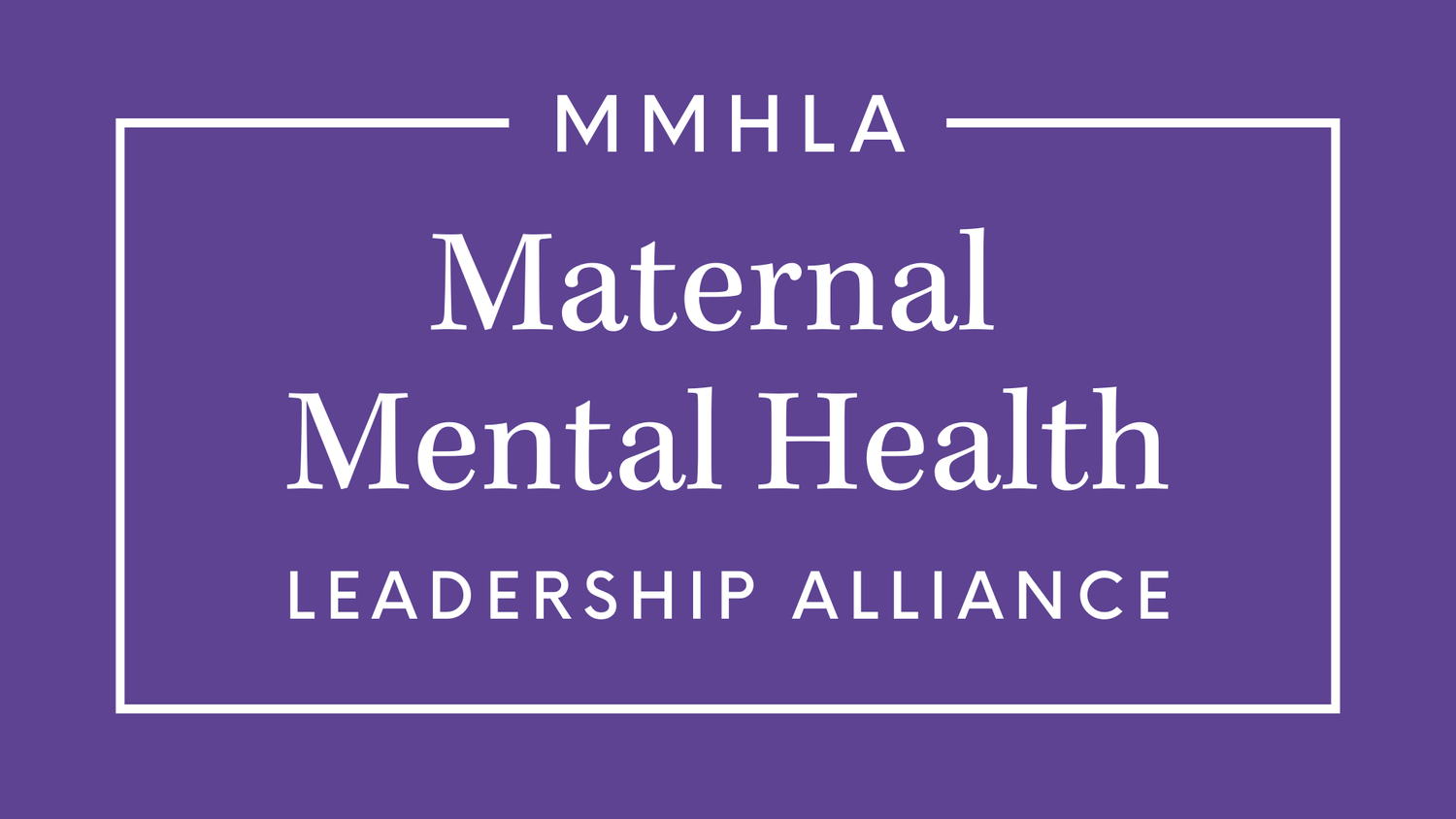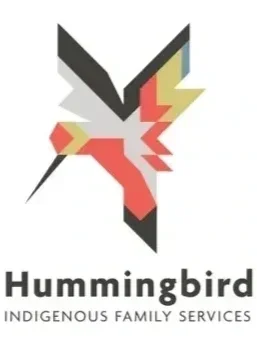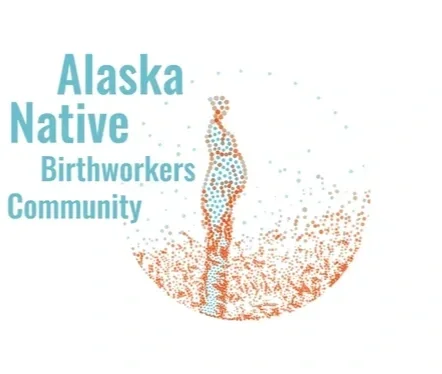Native American Heritage Month: Education & Resources for the Maternal Mental Health of Indigenous Mothers
Native American Heritage Month, also known as Indigenous Heritage Month, is celebrated in the United States in November to honor the history, culture, and contributions of Native Americans and Alaska Natives.
While honoring the richness and impact of this community, we also want to honor their struggles and pain. The maternal death rate for American Indian and Alaska Native (AI/AN) women is consistently higher than the U.S. national average, and AI/AN women have a higher prevalence of postpartum depression (14%-30%).
Risk factors include, but are not limited to: post-traumatic stress disorder (PTSD) largely caused by historical trauma from forced relocation and the prohibition of cultural and spiritual practices; systemic racism and inequities; and high rates of interpersonal violence (IPV) and homicide.
In this article, we aim to share information, resources, and organizations that serve the American Indian and Alaska Native (AI/AN) community related to maternal mental health.
Reports and Studies
New CDC Data: Pregnancy-Related Deaths Among American Indian or Alaska Native (AI/AN) Women
In August 2025, the CDC published new data on maternal mortality and morbidity in the AI/AN population using data from Maternal Mortality Review Committees (MMRCs), which are multidisciplinary groups that convene at the state or local level to comprehensively review deaths that occur during or within one year of the end of pregnancy.
MMRCs can indicate whether four specific circumstances contribute to pregnancy-related deaths, meaning that the condition or circumstance directly compromised a woman’s health or healthcare. For AI/AN women, the following circumstances were noted:
Substance use disorder contributed to 51.4% of pregnancy-related deaths. For example, acute methamphetamine intoxication made preeclampsia worse or made the woman more vulnerable to infections or medical conditions.
Mental health conditions contributed to 48.6% of pregnancy-related deaths. For example, a mental health condition may have impacted a woman’s ability to manage her type 2 diabetes.
Discrimination contributed to 48.6% of pregnancy-related deaths. For example, dismissing symptoms of abdominal pain described by a woman with a history of substance use disorder led to a delay in diagnosis and care for ruptured ectopic pregnancy.
Obesity contributed to 32.4% of pregnancy-related deaths. For example, obesity complicated the ventilation options for a pregnant woman with the flu.
Health Affairs: Supporting Perinatal Mental Health by Collaborating with Tribal Communities in Montana
Amy Stiffarm, PhD (Aaniiih, Chippewa Cree, Blackfeet) is a leading expert in maternal mental health among AI/AN individuals. Her research highlights a collaborative strategy used by Healthy Mothers Healthy Babies - The Montana Coalition to engage Tribal communities in completing a statewide online resource guide designed to help pregnant and parenting families find resources—including mental health and substance use treatment options—within and beyond their local communities.
Agencies committed to addressing perinatal mental health disparities among Indigenous populations should consider similar strategies to share power with Tribal communities and collaboratively create culturally congruent programs and interventions.
Dr. Stiffarm’s work was featured by Health Affairs, the leading journal of health policy research, including both an article in a special issue focused on perinatal mental health and a podcast interview with the Health Affairs editor-in-chief.
Resources for Support
The Hear Her® Campaign: Perinatal Resources for AI/AN Women
The CDC’s Hear Her® campaign includes culturally appropriate resources designed with and for American Indian and Alaska Native people.
The resources include:
Testimonials from five American Indian women who experienced pregnancy-related complications.
Conversation guides, palm cards, and posters that help AI/AN pregnant and postpartum people recognize urgent maternal warning signs and get the care they need.
Materials to support healthcare professionals who serve AI/AN communities in their delivery of respectful, culturally appropriate care.
MMHLA’s Resource List for AI/AN Women
This is an MMHLA-curated list of resources and organizations that support the maternal health and mental health of AI/AN women. You will find information that is geared towards individuals from these communities as well as for healthcare workers who serve these communities.
If you would like to suggest a resource for us to add, please email info@mmhla.org with the subject line RESOURCE SUGGESTION.
Organization Spotlight
Hummingbird Indigenous Family Services in Seattle, Washington
Hummingbird Indigenous Family Services launched in 2019 with the mission of healthy Indigenous babies being born into healthy Indigenous families being supported by healthy Indigenous communities.
Hummingbird is the first and only Indigenous agency in King, Pierce, and Snohomish Counties to exclusively serve Indigenous babies and families from zero to three. They serve those who identify as Native American/Alaskan Native/Native Hawaiian/Pacific Islander.
Programs:
A full-spectrum doula program serving pregnant people throughout the perinatal period across the full spectrum of perinatal health needs. This includes support for pre-conception, pregnancy, birth, postpartum, and pregnancy loss or release.
A Guaranteed Basic Income (GBI) to Indigenous pregnant people until their child’s third birthday. GBI has been shown to reduce perinatal mood disorders, increase self-efficacy, and result in better birth outcomes.
Storytelling as a way of healing internalized narratives and to re-create the stories of poverty and Indigeneity vis-à-vis colonization into stories that depict Indigenous pregnancy, parenting, and motherhood on their own terms.
Indigenous-centered services to support the physical, social-emotional, cognitive, and cultural health of the child and whole family. They offer home visiting, parents groups, community connection events, and emotional peer support for Indigenous families with expected babies, new babies, and young children (0-3 years old).
Alaska Native Birthworkers Community
The Alaska Native Birthworkers Community seeks to formalize and grow a network of Alaska Native birthworkers who feel confident, competent, and grounded in cultural values to support Native birthing families for better health and wellness outcomes for parents and babies, while also advocating for systemic change to better support Alaska Native birthing families.
Programs:
Pregnancy, Labor & Postpartum Support
Free informational, emotional, and physical support for Native families in all stages of their reproductive journeys.
Training and connection opportunities for Indigenous birthworker to improve access to culturally-matched care for Native families in Alaska by building upon the existing knowledge and wisdom of Alaska Native peoples.
Events provide dialogue, education, and connection for the community.
Collecting and redistributing food, maternity, newborn, and breastfeeding support items alongside community partners.
STAY IN TOUCH


